Table of Contents
Well, it depends! Ideally, clean and unused paper towels are compostable. Paper towels exposed to ground soil and water are also fine to compost. While most paper towels are made from fibrous plant pulp, some are imbued with chemicals such as chlorine, dyes, and ink during their manufacture. These elements may harm the community of microorganisms in the pile.
Dirty paper towels used for cleaning and handling meat, dairy products, oils, cleaning products, animal manure and human waste may threaten your compost pile and hinder microorganisms from producing a nutrient-rich product. You can mix paper towels used for blowing your nose, but if you have an infectious disease, it’s better not to risk adding them to your pile.
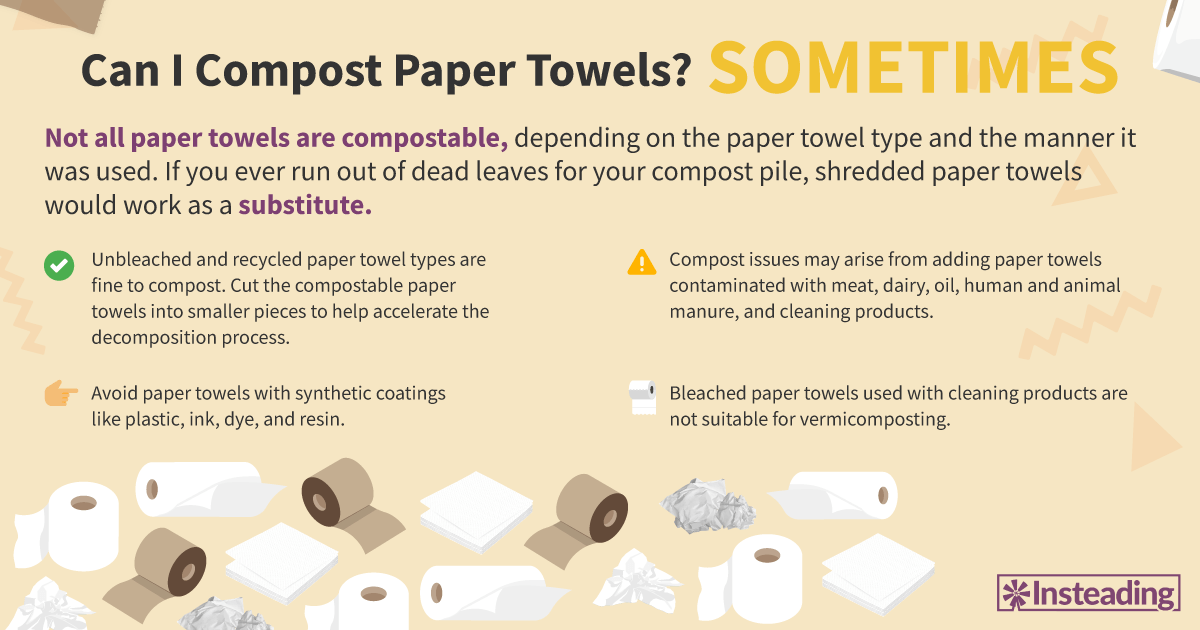
If you ever run out of dead leaves for your compost, shredded paper towels might work as a substitute. They are packed with carbon, which serves as an energy source for the compost pile’s microorganisms! Making these conscious choices allows you to maximize the benefits of organic compost for your garden!
Types of Paper Towels
Single-use paper towels are common, daily-use household items. Instead of sending them to a landfill, you can add them, along with other organic matter, to your garden as a nutrient-rich additive. Here are the types of paper towels that are suitable for composting:
Unbleached Paper Towels
Unbleached paper towels are considered more eco-friendly than typical bleached paper towels because they do not contain potentially harmful chemical additives. They are made from unprocessed paper pulp and are packed with an organic woody compound called “lignin,” which strengthens plant rigidity. You can find this particular compound in most paper products, including paper towels!
Research suggests that unbleached paper towels may decompose slower due to their high lignin content, but they contribute more carbon to the compost pile. They thoroughly degrade into the humic compost product, providing essential nutrients for soil and plant use.
Bleached Paper Towels
Bleached paper towels are characterized by their white color. They undergo bleaching treatments that remove the natural brown color of the pulp. Most companies use chlorine as a bleaching agent in their manufacturing process, which also removes lignin from the material, increasing its biodegradability.
Compost heaps tolerate minimal traces of elemental chlorine, as the chemical doesn’t affect its pH level. However, chlorine bleaching negatively impacts the environment, resulting in toxic pollutants in the air and water. It may also kill helpful microorganisms during the composting process. Chlorine has also been linked to soil contamination and bioaccumulative toxins. If this is a concern, it’s best not to compost bleached paper towels.
Chlorine-free bleached paper towels fall into three categories:
- Totally Chlorine-Free (TCF), which uses safer alternatives like oxygen and hydrogen peroxide
- Elemental Chlorine-Free (ECF), where chlorine dioxide, a chlorine derivative, is used
- Processed Chlorine-Free (PCF), which re-bleaches recycled materials potentially bleached with chlorine using safer agents such as chlorine derivatives
Recycled Paper Photos
Recycled paper towels are made from sustainably sourced post-consumer waste, such as food and drink packaging, copy papers, and shipping boxes–instead of primarily using virgin pulp.
Due to their organic nature, recycled paper towels easily break down in a healthy compost pile.
How to Compost Paper Towels
To ensure a successful composting process, carefully consider preparation and conditions. Using the appropriate type of paper towel will result in a healthy compost additive for your home garden!
Preparing Paper Towels for Composting
To start composting, identify the type of paper towel you wish to use. Unbleached paper towels and recycled paper towels are excellent options that release carbon into your compost pile. Keep in mind that bleached paper towels have been treated with toxic pollutants, which could potentially kill useful microorganisms in your compost pile. Use them at your own risk.
Clean paper towels are ideal for composting. Additionally, you can compost paper towels that have come into contact with ground soil and water. Whether other dirty paper towels are compostable depends entirely on how they were used.
Segregating Dirty Paper Towels
Used paper towels for cleaning meat, dairy, and oil messes are discouraged. While these organic materials are compostable at home via specialized methods like Bokashi compost, they may attract problematic pests and produce foul odors if a hot, or cold compost is mismanaged. Grease to your compost generates a breeding ground for anaerobic bacteria too.
Paper towels contaminated with cleaning products–chemical or natural–should be set aside from the compost pile. The harsh compounds found in these products, even in small amounts, may harm microorganisms in the organic compost. To avoid a pile of dirty paper towels at home, opt for a reusable cloth to clean surfaces, instead of napkins or toilet paper rolls.
Animal and human droppings carry certain pathogens that may ruin your organic compost and even spread diseases. Properly discard paper towels used to clean up or pick up these wastes.
You can mix paper towels used for blowing your nose in your compost as long as you’re not infected with a contagious virus. However, if you feel uncomfortable and concerned about doing so, it’s better not to risk adding them to the pile.
Cutting Compostable Paper Towels
After identifying and separating compostable paper towels, cut or tear them into smaller pieces. This accelerates the decomposition process. Paper towels are also great alternatives to dry leaves. Supplement the compostable paper towels with more “brown” materials. Cardboard, newspaper, twigs, and untreated sawdust are rich in carbon, so you produce a natural organic compost product.
Optimal Composting Conditions for Paper Towels
To ensure the correct decomposition of paper towels, balance high-nitrogen green matter and carbon-rich brown matter. The ideal Carbon:Nitrogen (C:N) ratio is approximately 25 to 30 parts brown matter for every 1 part green matter. For guidance on volume, you can refer to the One Bucket Greens and Two Buckets Browns method.
When composting paper towels, keep the pile damp but not soggy. Excess water may create an anaerobic environment that causes a foul smell in the compost. Decomposition will slow down if your compost is too dry. To achieve the optimal moisture level for composting paper towels, ensure even distribution of moisture and turn the pile regularly for aeration.
If you choose to compost paper towels using the hot composting method, turn the compost pile frequently to maintain the optimal temperature range of 90 to 140 degrees Fahrenheit. This specific range indicates microbial activity in the pile.
These optimal conditions guarantee proper composting of paper towels to produce nutritious compost.
How Long Do Paper Towels Take To Compost?
Paper towels in a well-managed pile may take two to six weeks to decompose, depending on the composting conditions. Instead of crumbling into a soil-like texture, they transform into fibrous strands that continue to disintegrate over time.
How Paper Towels Affect the Composting Process
Carbon-rich paper towels are able to hold in moisture better than most organic materials. However, due to their fibrous nature, clumping issues may slow down decomposition if they are not properly cut and thoroughly mixed.
Impact on Decomposition
Because compostable paper towels are high in carbon, they serve as valuable additives to balance with the organic green matter. However, their woody components cause them to take longer to disintegrate. Adding uncut paper towels to your compost may lead to clumping, which can slow down decomposition.
Microbial Activity
Proper preparation of paper towels for composting is essential. The material’s fibrous nature can hinder microbial growth. To avoid this issue, simply tear the paper towels into small pieces.
Temperature and Moisture
Paper towels are absorbent materials that can hold excess water in the compost pile. They also insulate the pile, helping maintain the optimal temperature. However, this quality may also lead to the pile becoming too dry.
Potential Issues With Composting Paper Towels
Potential issues may arise from dirty paper towels used for cleaning, and handling meat, dairy, oils, cleaning products, and animal and human manure. Certain elements from dirty paper towels may threaten your compost pile and hinder microorganisms from producing a nutrient-rich compost product.
Will Composting Paper Towels Attract Pests?
Shredded, compostable paper towels do not attract pests. However, composting contaminated paper towels with meat, dairy, oils, and animal and human manure might attract problematic pests, such as rats.
Will Composting Paper Towels Cause Odors?
A well-maintained compost heap with paper towels usually does not cause unpleasant odors. An even combination of greens and browns, enough moisture, and adequate oxygen help prevent this issue. However, if you compost contaminated paper towels with meat, dairy, and oils, your pile may emit a foul odor, as grease in the compost creates a breeding ground for anaerobic bacteria.
Methods for Composting Paper Towels
There are many options for composting paper towels. See below which ones best suit your lifestyle and resources!
Hot Composting
Hot Composting
Compostable paper towels serve as an excellent source of carbon for a hot compost. Alongside other brown materials mentioned earlier, balance composted paper towels with “green” materials like food scraps, and grass clippings. The One Bucket Greens and Two Buckets Browns method is a simple way to maintain the ratio between these two categories. Regular monitoring and turning of the compost pile are necessary to maintain the ideal composting temperature of 90 to 140 degrees Fahrenheit.
Cold Composting
The most basic among composting methods, cold composting is also suitable for compostable paper towels. Naturally occurring organisms break down organic materials without human help during decomposition. Keep in mind that cold composting takes more time to produce compost material than hot composting.
Vermicomposting
Worms can ingest paper towels and subsequently produce rich compost consequently. However, you should dispose of bleached paper towels and dirty tissues with cleaning products elsewhere, as they may harm the worm farm due to their chemicals.
Bokashi Composting
You can transform paper towels and other organic materials into a healthy soil additive for your plants through fermentation inside a specialized Bokashi container. Unlike typical composting methods, dairy and meat can be added to a Bokashi compost. This method isolates your materials from oxygen and uses a unique Bokashi mixture of inoculant bran to complete the composting process.
Alternatives to Composting Paper Towels
Sustainable disposal of single-use paper towels isn’t limited to just composting. There are also other useful alternatives available to make good use of paper towels!
Industrial Composting of Paper Towels
Industrial composting facilities can accept kitchen waste like paper towels for commercial composting. Contact your local facility to find out how they accept such waste. This option is ideal when a home compost bin or pile isn’t feasible.
Recycling or Reusing Paper Towels
Unfortunately, single-use paper towels cannot be recycled or upcycled, which is why most of them end up in landfills. The natural pulp in used paper towels becomes damaged, making it difficult to recycle or upcycle them into something useful.
Disposal Options for Paper Towels
If none of the options above are possible, you should properly segregate paper towels and dispose of them in an appropriate waste bin.
What Paper Towels Shouldn’t Be Composted?
In addition to the contaminated paper towels mentioned earlier, there are other types of paper towels that should never be added to your compost pile.
Paper towels with synthetic coatings, such as plastic, ink, dye, resin, or other non-biodegradable components, may release harmful chemicals into your organic compost. Avoid tissues with latex binders on one side to prevent harming the community of microorganisms during the decomposition process.
For best results, only add unbleached or recycled paper towel types to your compost, and steer clear of heavily dyed and printed paper towels.
FAQ
Can bleached paper towels be composted?
Bleached paper towels are technically compostable. However, soil contamination and bioaccumulative toxins have been heavily linked to chlorine, a bleach commonly used for this particular paper towel type. If this is a concern, it’s best not to compost bleached paper towels.
Are all paper towels biodegradable?
Most paper towels are biodegradable. However, this does not mean they are all suitable for composting. Factors on the manner it was used, and what paper towel type are considerations before composting. While the paper part of tissues is biodegradable, some coatings like polyethylene don’t decompose and survive as plastic film lamination.
Can I compost paper towels used with cleaning products?
Paper towels contaminated with cleaning products–chemical or natural–should be set aside from the compost pile. Powered by harsh compounds, these products, even in small amounts, may harm microorganisms in the organic compost.



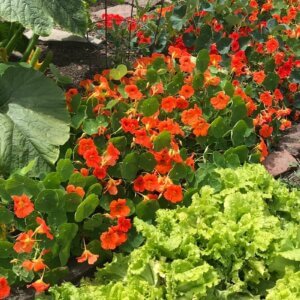
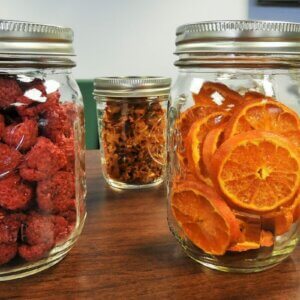
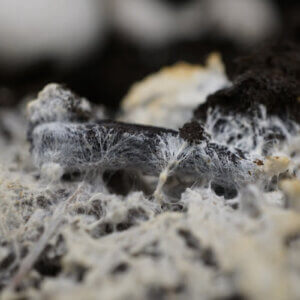

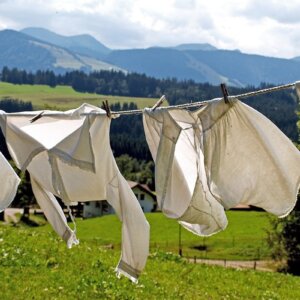

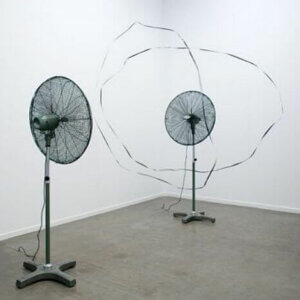

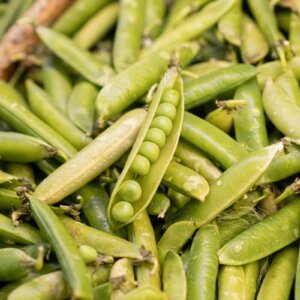

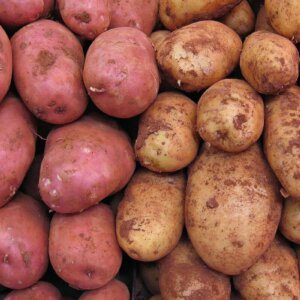

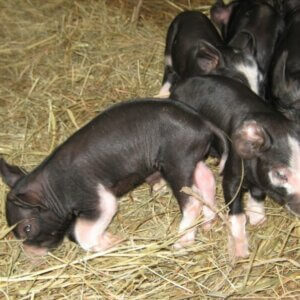
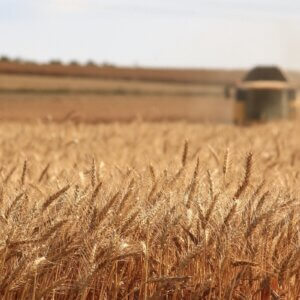

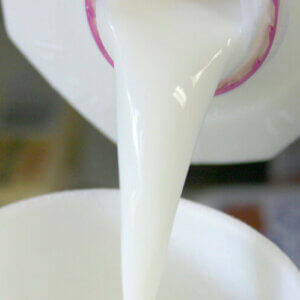
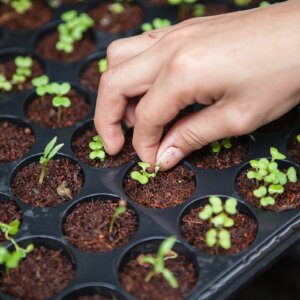
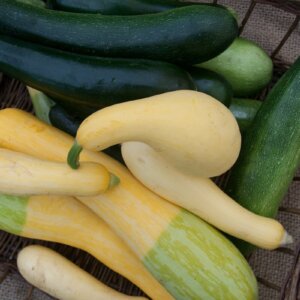
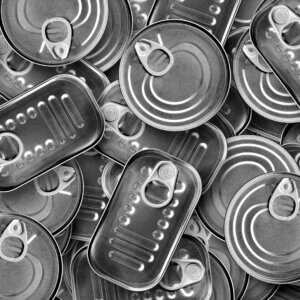
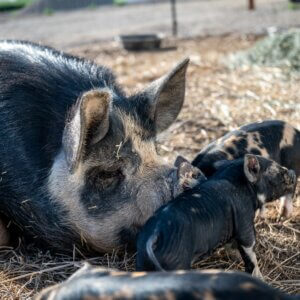



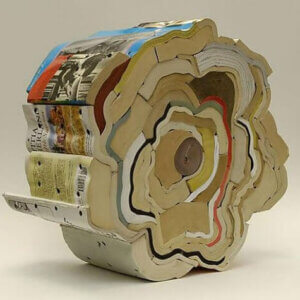
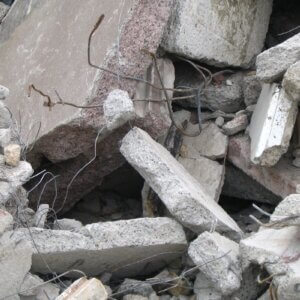
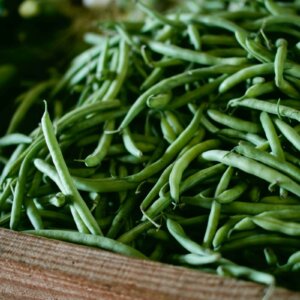

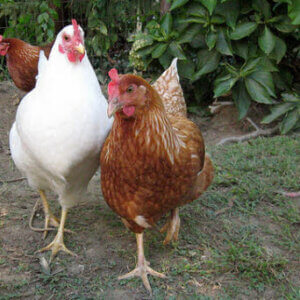
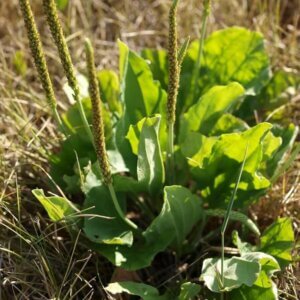

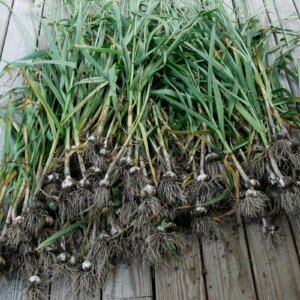

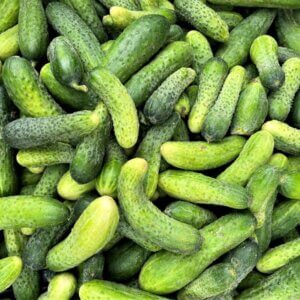
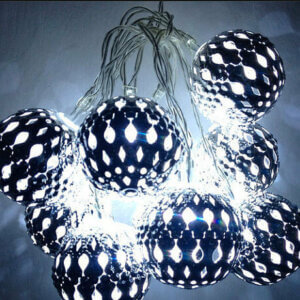
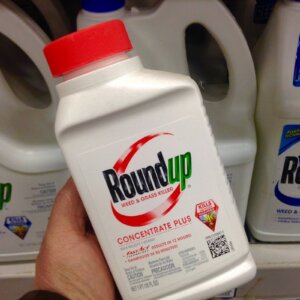

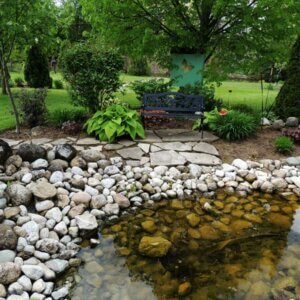
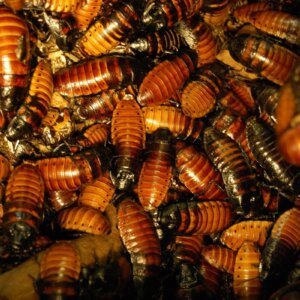

Leave a Reply